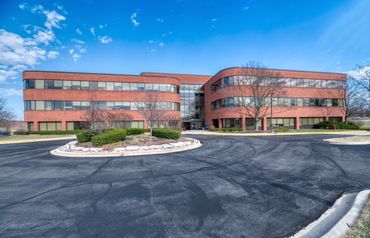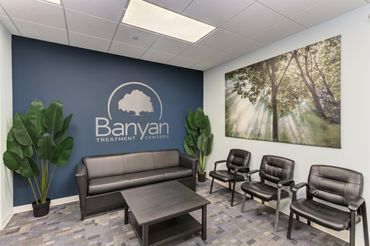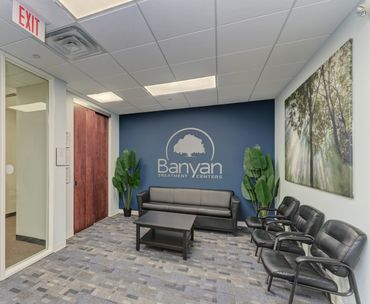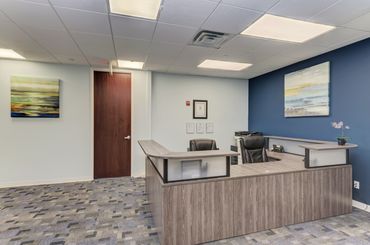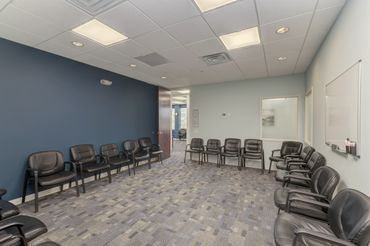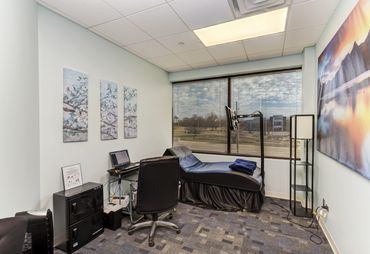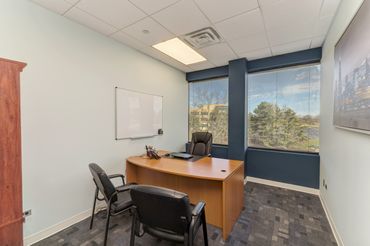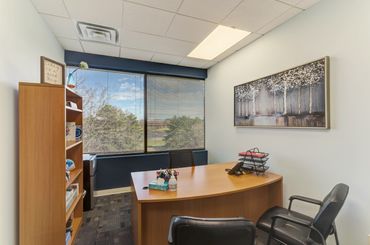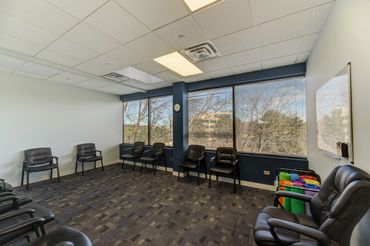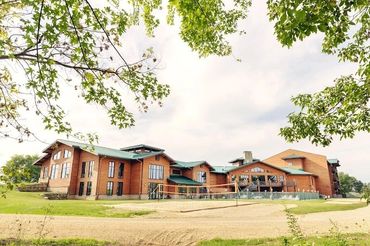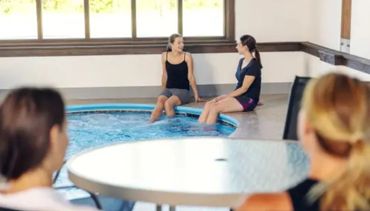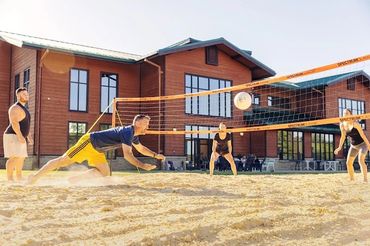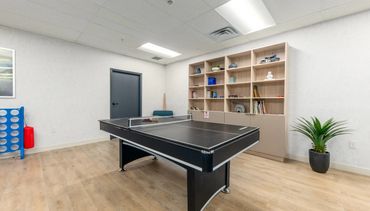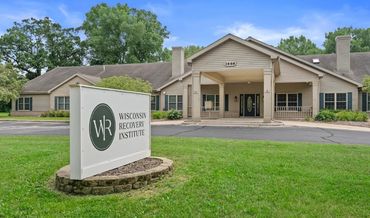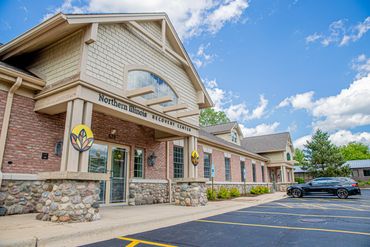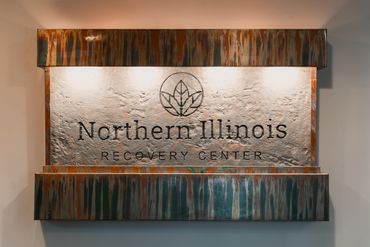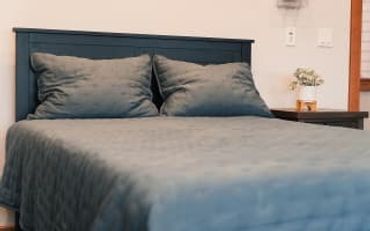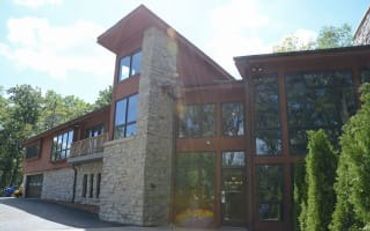
Drug & Alcohol Rehab Centers near Brookfield, WI
If you’re looking to help yourself or someone you love struggling with alcoholism or addiction to drugs in Brookfield, WI, Rehabs.com supplies massive online database of private clinics, as well as a host of other alternatives. We can assist you in locating substance abuse care centers for a variety of addictions. Search for a top rehab clinic in Brookfield now, and take off on the path to a better life.
Treatment Centers near Brookfield, WI

Open to Travel? Check out Top-Rated Options
All Treatment Centers near Brookfield, WI
Are You Covered For Treatment?
- Milwaukee Rehabs
- Madison Rehabs
- Green Bay Rehabs
- Waukesha Rehabs
- Kenosha Rehabs
- Appleton Rehabs
- Eau Claire Rehabs
- La Crosse Rehabs
- Oconomowoc Rehabs
- Sheboygan Rehabs
Information About Rehab in Brookfield
Latest Reviews
Latest Reviews of Rehabs in Wisconsin
Libertas Treatment Center
My son attended this facility twice over the last couple years. I thought they did a good job at caring for him and getting him on the first step of getting clean. They worked well with our family in teaching us about addiction so we can help him. Addiction affects the entire family, not just the addict. The only thing I think needs to change, is the length of stay should be more than 3 weeks. My son was in deep in drugs for a long time, and 3 weeks is not enough, Not even on his second time through. I believe each patient should be treated individually and their own needs, not what insurance will pay. However, the program itself is a very good program. I fully recommend it.
Meta House
You can bring your children to live with you in residential treatment and transitional living follow thru is not good. Best program in Milwaukee, WI.
More Info
Seeking treatment for substance abuse problems is no small decision. Outpatient substance abuse treatment costs less than residential rehab, but it also places more of the burden of recovery directly on the individual. You'll have to take it upon yourself to remove drugs, alcohol, and the situations, people and things that tempt you to abuse substances from your life. You'll need:
- Motivation to go to your meetings and sessions
- Family support
- A network of friends supporting your recovery
- Stable work and living circumstances
Residential rehabilitation programs require you to stay in a treatment facility, often for several weeks. While this can be a huge interruption to your daily affairs, residential treatment offers benefits, such as:
- Intensive therapy
- Medical attention
- Psychiatric help
- A new environment
- Freedom from the temptation to use
Relapse is common among recovering addicts, so many people combine the two methods for the best chance at long-term recovery. Outpatient treatment can keep you on the right track after you exit a residential treatment program.
Therapeutic CommunitiesTherapeutic communities are long-term residential rehabilitation programs for people with serious substance abuse problems. Patients in these residential programs may have experienced multiple relapses.
Therapeutic communities help patients meet educational goals, learn work skills, and improve their social functioning skills so they can be better prepared to lead a substance-free life.
